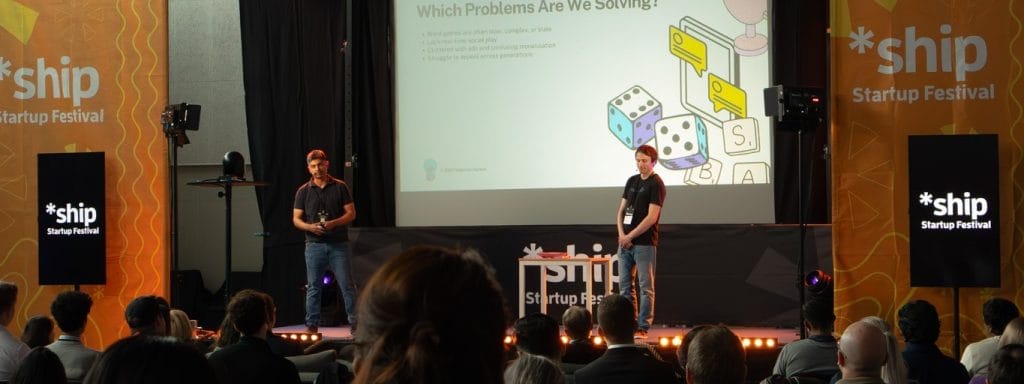Supercomputer ‘Hippu’ to boost AI-driven data-intensive businesses in south Savo, Finland
Following the resolution of a naming contest with 138 submissions this week, supercomputer Hippu is ready to spur research and empower companies in the Finnish region of South Savo to explore data-driven business models.
The supercomputer is part of the Memory Lab digital technology research and innovation environment that will bring world-class data processing and analytics capabilities to the Memory Campus in the Kalevankangas district of the city of Mikkeli.
Memory Lab is developed by Digitalia, a joint research center of the South-Eastern Finland University of Applied Sciences (Xamk), the University of Helsinki, and the National Library of Finland.
The word ‘hippu’ translates to ‘nugget’ and is often associated with gold nuggets. Eija Warjus, who submitted the winning name, said: “A ‘hippu’ is a valuable find for its discoverer. With a supercomputer, we can mine such valuable nuggets. The name furthermore alludes to the golden front panel of a computing unit.”
“The name ‘Hippu’ succinctly captures the essence of research, development, and innovation activities in the Memory Lab: we gather a lot of data into a gold pan, and with the substantial capacity of the supercomputer, we extract essential and applicable knowledge,” Digitalia’s Research Director Stina Westman added. “At the same time, Hippu is an approachable name for modern artificial intelligence infrastructure.”
Investments in infrastructure and competence development in Memory Lab through various development projects is expected to amount to several millions of euros. These aim at accelerating new, data-driven business operations in South Savo, and to attract companies and individuals to take advantage of new work, study, research and entrepreneurial opportunities.
The high-performance computing capabilities will enable companies in the region to experiment with the possibilities of artificial intelligence for data mining, processing, refinement, and retrieval.
As powerful as up to 20,000 laptops
Memory Lab serves businesses and other organisations in the Mikkeli area and beyond. It is already host to so-called memory organisations such as the National Archives of Finland, the National Library of Finland, the Muisti Centre of War and Peace, and the Central Archives for Finnish Business Records (Elka).
The performance of Memory Lab’s supercomputer will be equivalent to up to 20,000 laptops or 3,000 servers , enabling the kind of parallel computing power required for AI processing of large amounts of data. Various parts of equipment have been obtained from project partners Nvidia, Fujitsu and NetApp through Atea, with high-speed fibre connections provided by MPY.
The ‘Memory Lab Investments’ -project is funded by the European Regional Development Fund through the South Savo Regional Council.
As part of the ‘Memory Lab as a Driver of Digital Experimentation and Innovation Culture in South Savo’-project, funded by the South Savo Regional Council, already a dozen companies have signed up to power their business operations with AI capabilities. They will be the first to pilot the Memory Lab supercomputer.
In the meantime, the project ‘Resilience and innovation capability with open-source competence (Open Memory Lab)’ aims to strengthen the capacity for change and innovation within organisations in South Savo by providing guidance, training and peer learning opportunities related to the utilisation of open-source tools, technologies and business models. The intended outcome is the Open Memory Lab, a competence hub for open-source expertise.
For more information:
Mrs. Stina Westman, Research Director, Digitalia Research Unit, +358 50 524 8599, firstname.lastname@xamk.fi
Mr. Anssi Jääskeläinen, Research Manager, +358 50 312 5022, firstname.lastname@xamk.fi







